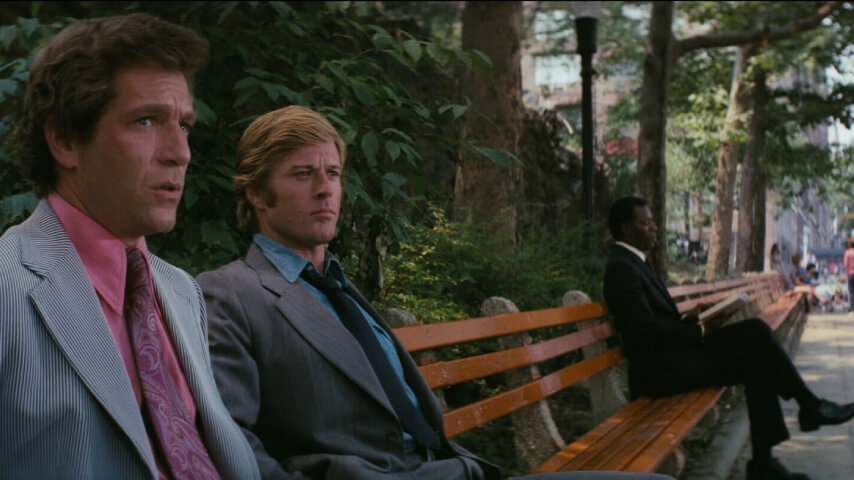Quincy Jones' funkiest film scores were his '70s crime caper comedies
The Hot Rock and $ (Dollars) gave Quincy Jones a chance to employ legendary session musicians for a pair of rollicking soundtracks.
Photo: 20th Century Fox (screenshot)
Quincy Jones died last Sunday night at age 91—another entertainment legend who shuffled off this mortal coil this year before the country once again made the ass-backwards decision to put Trump in office. (It’s just like when Prince, David Bowie, and others got the hell outta here when Trump was elected the first time.) A lot has already been said about his multi-Grammy-winning discography, which includes producing and arranging music not only for himself but for an eclectic array of artists, including bonafide icons like Michael Jackson and Frank Sinatra. But during his years composing music for movies and TV shows in the ‘60s and ‘70s, the man had an astounding run churning out scores.
Back then, you could go to the theater and hear his music in such films as In Cold Blood, In The Heat Of The Night, and Bob & Carol & Ted & Alice. You could also stay at home, turn on the TV and watch shows (Sanford and Son, Ironside, The Bill Cosby Show) whose themes were composed by the man they affectionately referred to as “The Dude.”
Jones also scored many heist movies: The Getaway, The Split, The Italian Job, The Anderson Tapes. But my favorite scores he did during his Hollywood years were the ‘70s caper comedies $ and The Hot Rock. They were also, in my opinion, his funkiest.
Out of the two, $ (or Dollars, if you prefer) is the flashier soundtrack. Quincy Jones rounded up session musicians that included jazz vets (Eric Gale, Paul Humphrey), R&B players (Billy Preston, David T. Walker), and members of the famed L.A. session-musician clique The Wrecking Crew (Clare Fischer, Milt Holland) for this captivating 1971 romp. From writer-director Richard Brooks (who worked with Jones on In Cold Blood), $ stars Warren Beatty and Goldie Hawn as a duo who steals criminals’ money from a West German bank vault.
Like a true bandleader, Quincy Jones orchestrates pieces which put a lot of focus on specific instruments. We get some sly upright bass during a night scene where Beatty’s character breaks into someone’s hideout, scaling the walls outside. During the climax, where Beatty gets in an on-foot chase with the baddies, ducking and dodging these cats through trainyards, Louisiana violinist Doug Kershaw brings some frantic fiddle work to the proceedings.
Jones also invites a few vocalists to join the party. Roberta Flack is heard at the end doing a breezy MOR cover of that 1920s standard “When You’re Smiling (The Whole World Smiles with You).” Don Elliott (billed in the opening credits as “The Human Instrument”) provides harmony background to several instrumentals. But the soundtrack’s very special guest is Little Richard, who practically serves as the movie’s greedy Greek chorus.
 Keep scrolling for more great stories.
Keep scrolling for more great stories.
